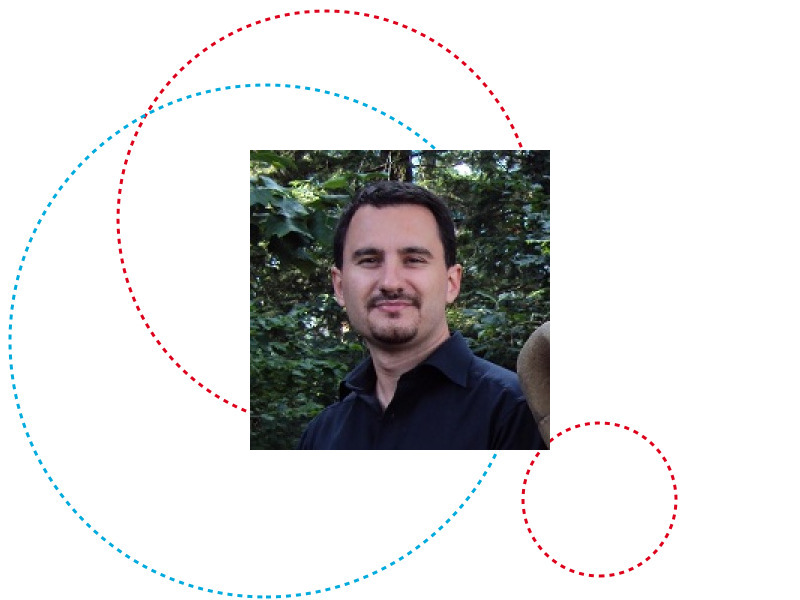About the topic
Accounting for system-parameter and model uncertainties in computational models is a key ingredient of predictive science and engineering. In this talk, we focus on the modeling and simulation of spatially varying properties in both linear and nonlinear frameworks. Stochastic models for non-Gaussian matrix-valued random fields are first introduced. These representations are typically used to define tensor-valued coefficients in elliptic stochastic partial differential operators. The main theoretical concepts and tools are illustrated, throughout this part, by considering the modeling of tensors fluctuating over curved geometries. Two applications are presented. The first example is concerned with the modeling of random interphases for nano-composites and involves a coupling between large-scale atomistic computations and a multiscale continuum formulation. The second application is focused on stochastic modeling for brittle fracture, using a phase-eld approach. We then address the probabilistic modeling of isotropic and anisotropic strain energy functions in nonlinear elasticity. Here, the proposed framework is exemplified by considering the modeling of soft biological tissues and engineered composite laminates.
About the speaker
Johann Guilleminot joined Duke in 2017, as an assistant professor of Civil and Environmental Engineering. Prior to that, he was Maître de Conférences in the Multiscale Modeling and Simulation Laboratory at Université Paris-Est. He earned an MS (2005) and PhD (2008) in Theoretical Mechanics from the University of Lille 1 Science and Technology, and received his Habilitation (2014) in Mechanics from Université Paris-Est (with certification in Applied Mathematics and Mechanics). Dr. Guilleminot’s research focuses on uncertainty quantification, computational mechanics and materials science, as well as on topics at the interface between these fields. He is particularly interested in the multiscale analysis of heterogeneous materials, physics-based machine learning, statistical inverse problems and stochastic modeling with applications for computational science and engineering.
